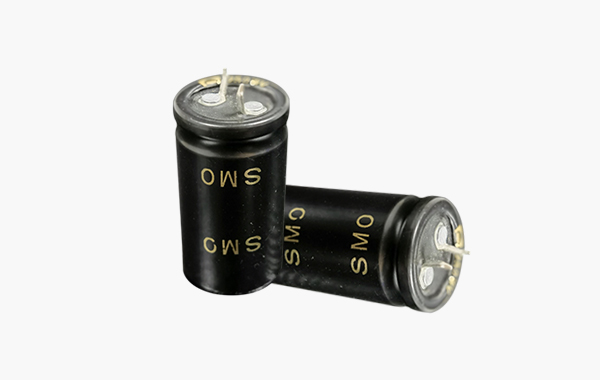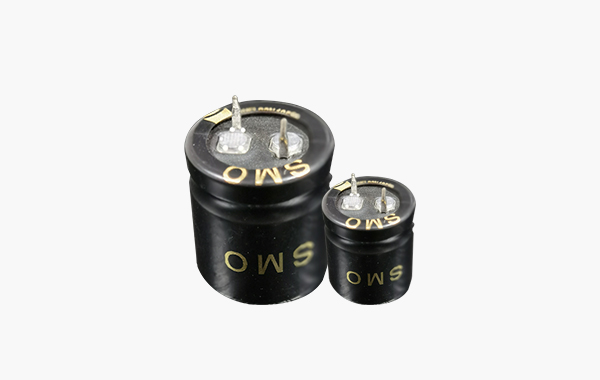- Home
- E-CAP
- X-Con
- Product
- Solution
- Customers
-
About
About us
news -
News
News
news - Contact





